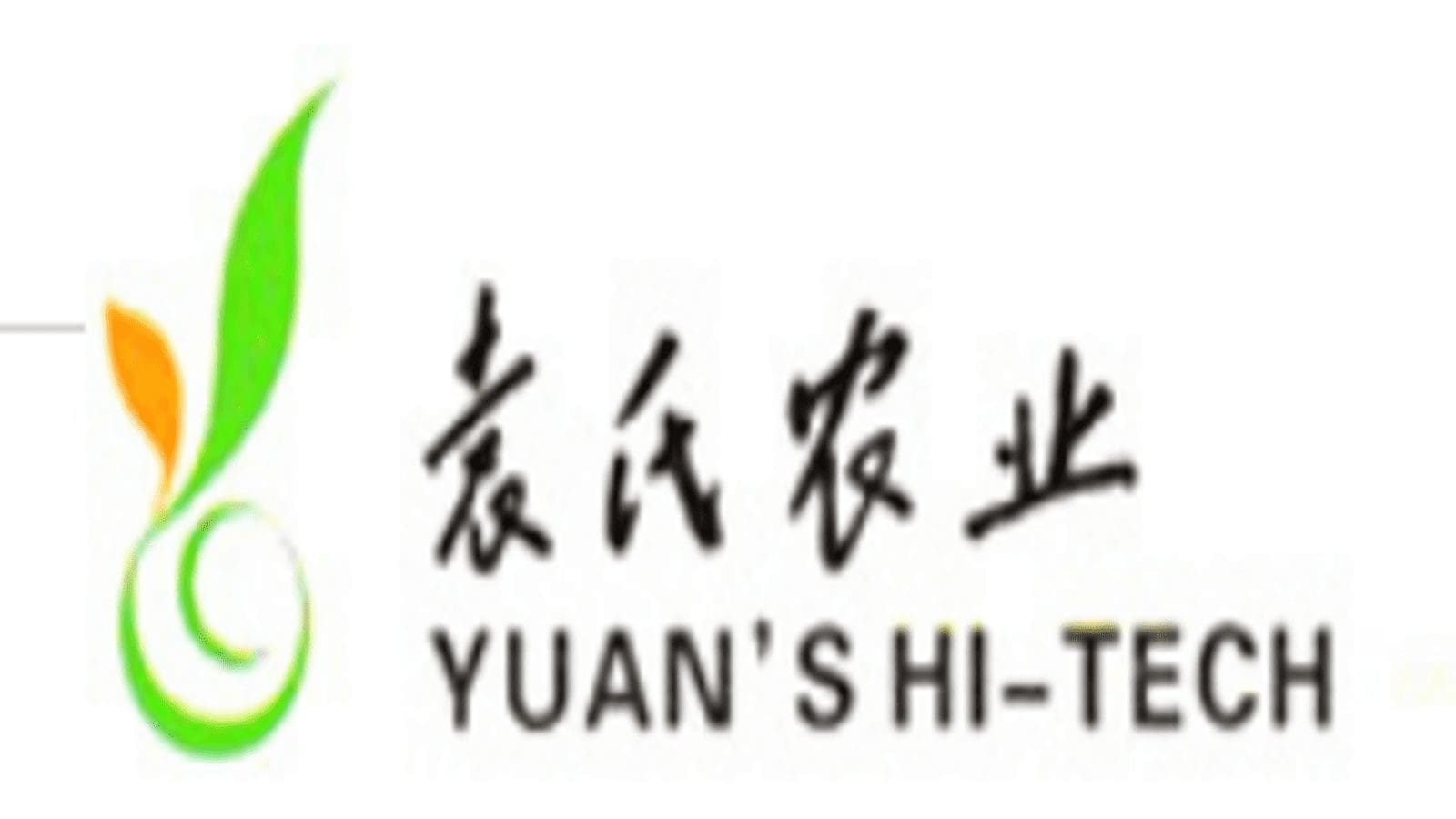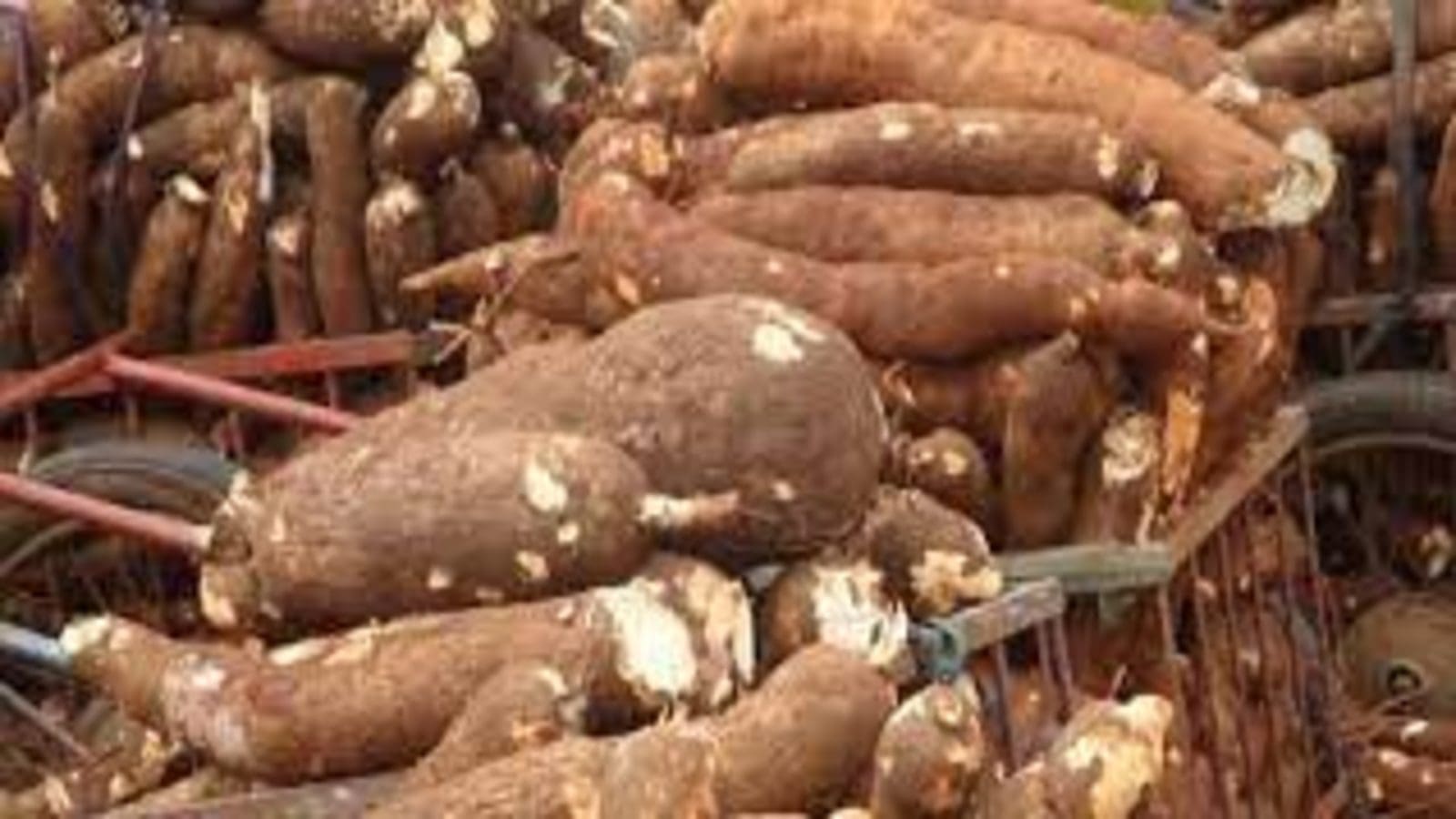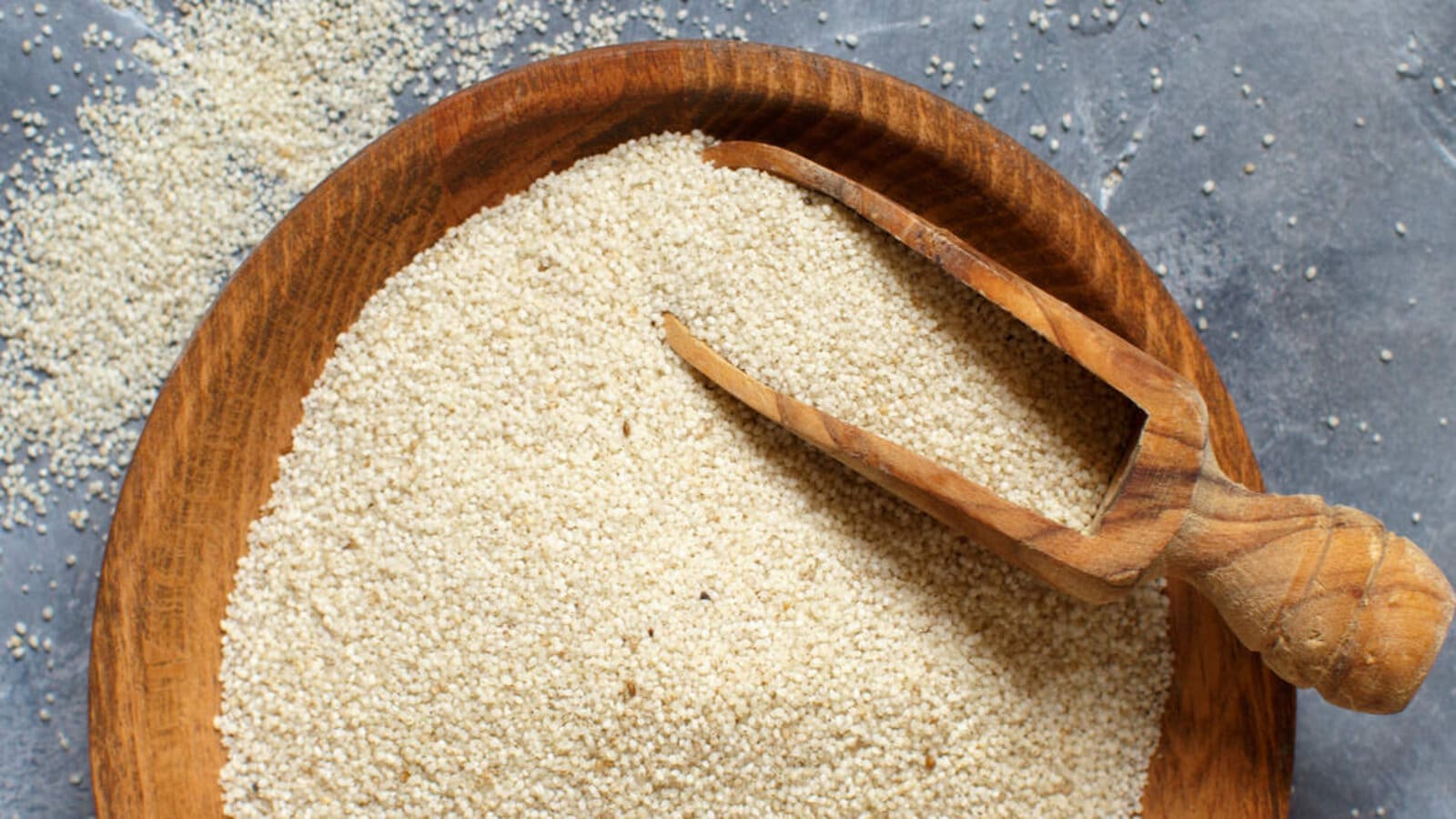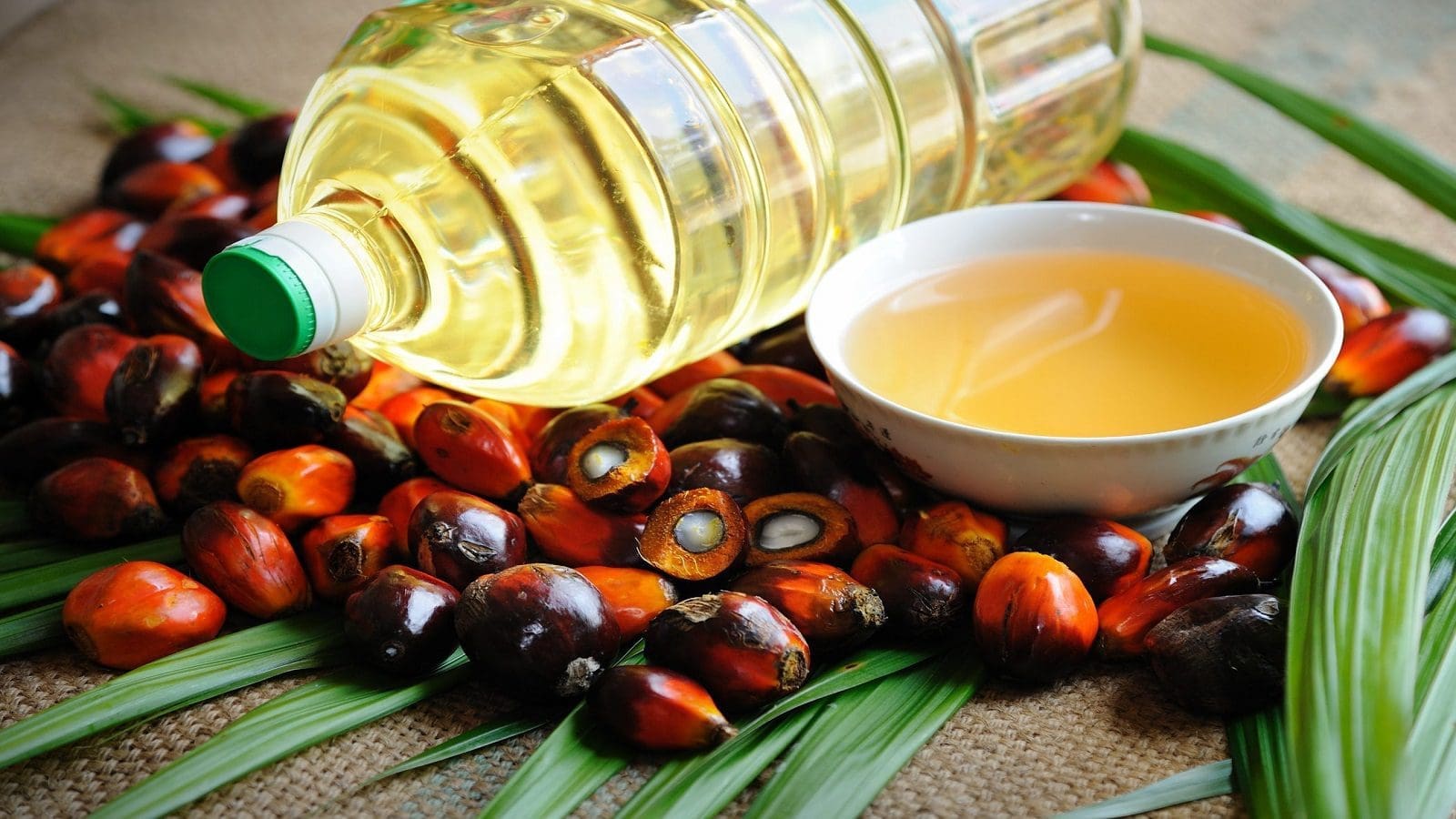ANGOLA – Yuan’s Hi-Tech Seed CO LTD, one of the world’s leading specialists in the cultivation of rice production, has expressed interest in investing in Angola, as part of its global growth strategy, according to Journal de Angola
Rice is among the most consumed cereal crops in Angola, coming after corn and cassava at a consumption of 7.3 kg per capita.
However, currently, the country lives mainly on imports, spending big sums to import more than 400000 tons of rice per year to meet the internal market needs.
Yuan’s Hi-Tech Seed, a specialist in rice production, could help Angola avoid spending precious foreign exchange reserves on imports by improving local production through provision of high-quality rice seeds.
“The company deals directly with the production and formation of high-yield seeds, but also supports scientific research and provides technical support and training to local centers in the countries where it operates,”
Interest from Yuan Hi-Tech follows a recent appeal from Angolan Minister of Economy and Planning Mario Augusto Caetano Joao, for more investments to diversify the country’s economy.
Mario, who was attending an interview with Xinhua in Luanda, welcomed investments in agriculture citing it as a key driver in the national economy.
“We need to invest in the agro-processing industries, and in crop production,” he said, highlighting the growth of corn, rice, wheat, and beans as extremely important to the nation’s food security”
The minister also said that Angola has up to 60 million hectares of arable lands which Chinese investors could tap into and even produce food for export.
“China has offered duty-free and quota-free access for Angolan goods into China. So this could be a win-win opportunity,” he said.
Yuan’s Hi-Tech Seed has been operating hybrid rice seed trade with countries in Southeast and South Asia, such as Bangladesh, Pakistan, Vietnam and Indonesia.
In Africa, Yuan’s Hi-Tech Seed has helped the local growers in Ghana to establish the rice irrigation system and level the land, and trained their technicians on rice cultivation techniques.
According to the company’s website, Ghana’s original yield which was 3-4 tons/ha was increased to 7-8 tons/ha and the country continues to import a certain number of hybrid rice seeds from the company every year.
For all the latest food industry news from Africa and the World, subscribe to our NEWSLETTER, follow us on Twitter and LinkedIn, like us on Facebook and subscribe to our YouTube channel










